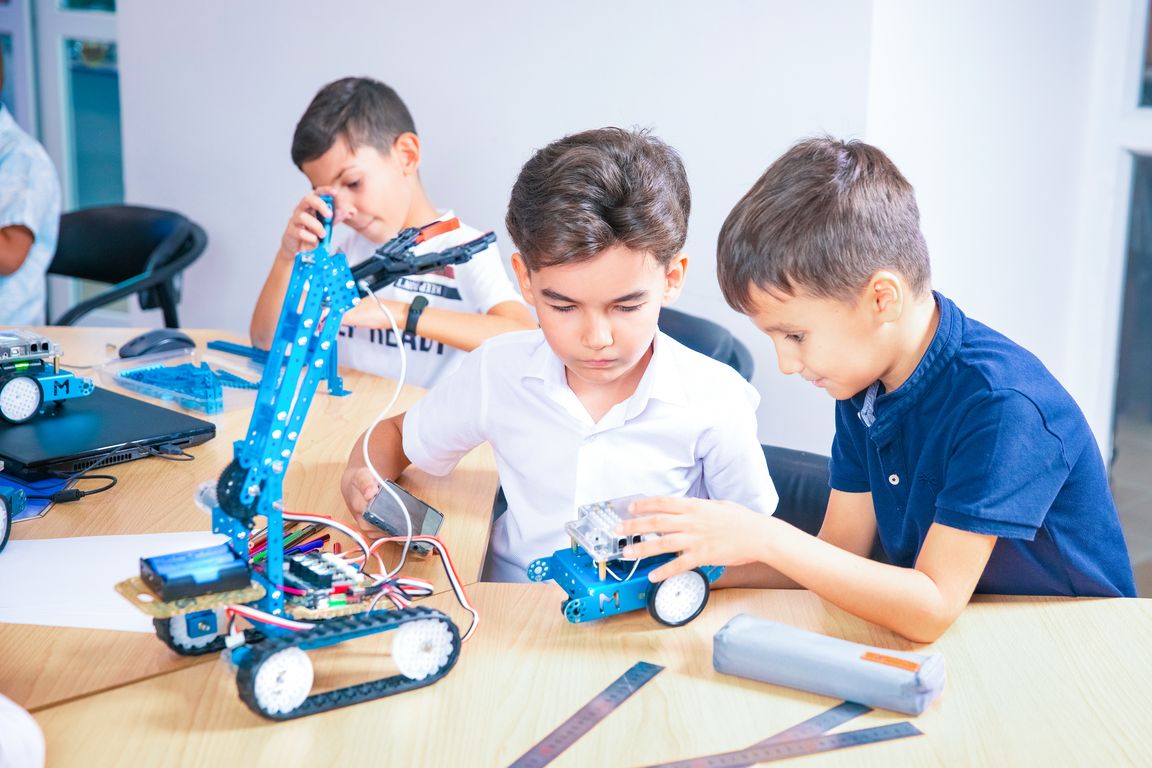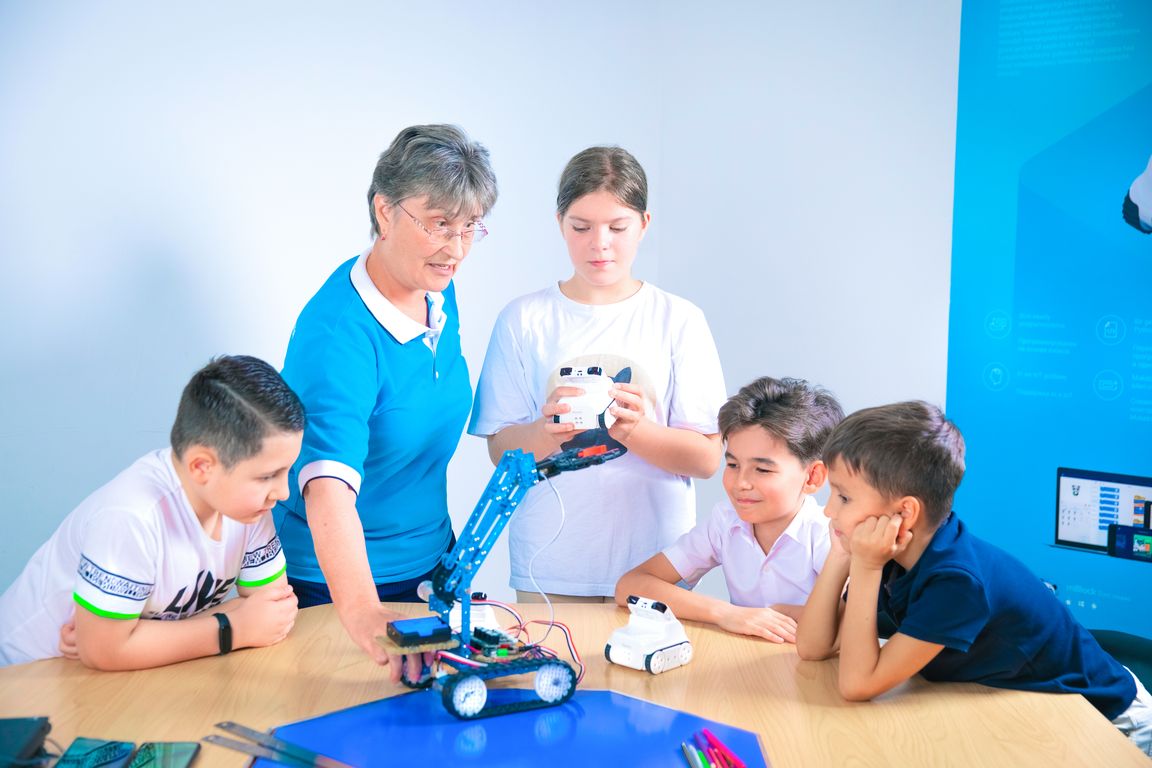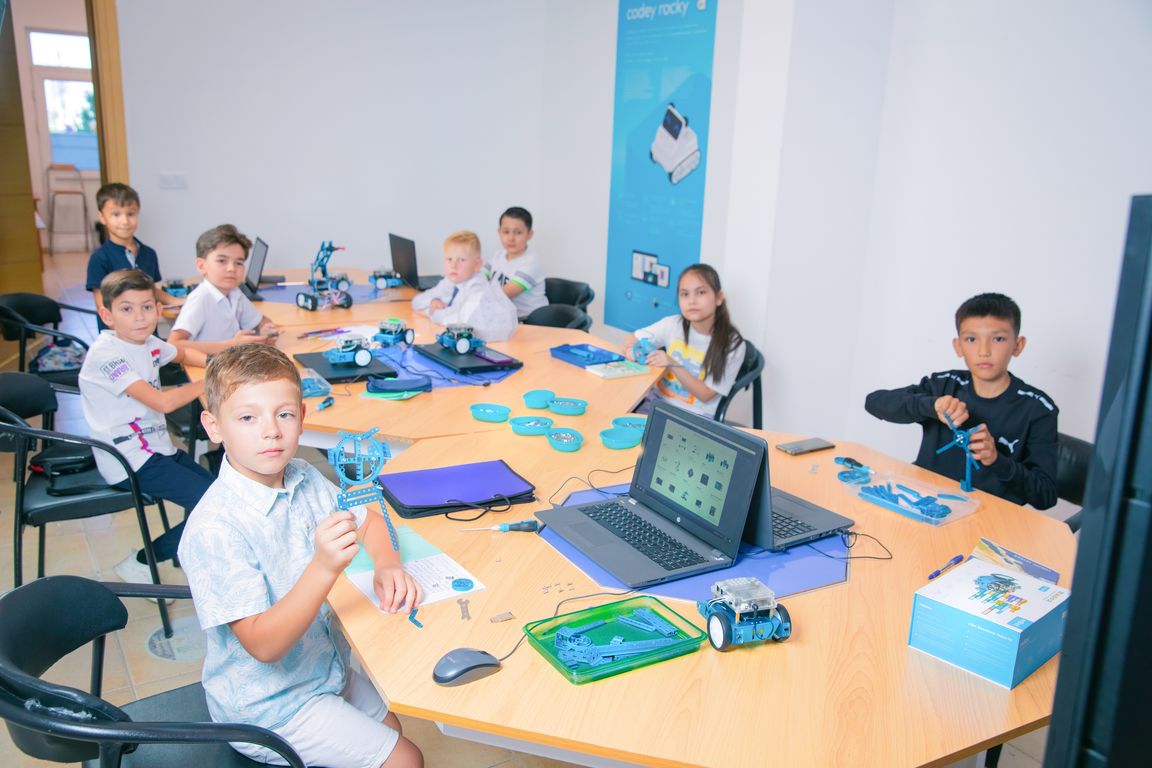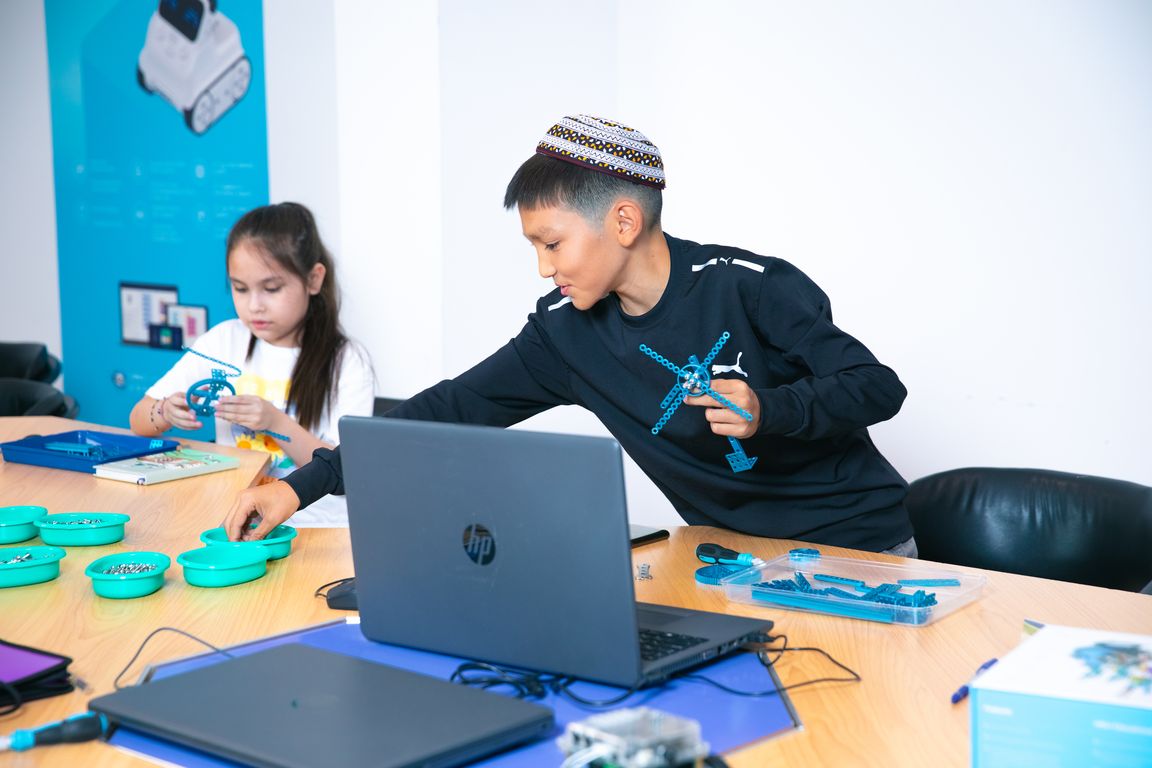
In articles about modern education systems, the STEM abbreviation is met frequently. It stands for Science, Technology, Engineering, Mathematics. The term STEM refers to an approach to learning with the help of simple and available visualization of scientific phenomena. The of the peculiarity STEM system is that this one or another discipline is taught not divided from others, but in connection with each other. The authors of this technique are specialists of the US National Scientific Foundation.

Moreover, STEMM, STEAM and STREAM programs were created on the basis of STEM, including, in addition to the above-named areas, an additional component related to the field of art.
STEMM includes as an additional component a music, in the STEAM also an Art is studied, in STREAM Reading is added to the main areas.

The inclusion of the creative component in the list of main directions allows you to develop creative thinking and skills of artistic and technical design. While the basis of the concept is STEM, based on a scientific approach and exact disciplines, STEMM, STEAM and STREAM use a creative approach when studying natural sciences. Leonardo da Vinci is a vivid example of a man who combined creativity and science in his work: creating his paintings, he used knowledge about the laws of perspective and architecture, the anatomical structure of the human body to convey poses and emotions on faces as accurately as possible.

According to professionals, the inclusion of creative elements in the STEM database in the future can facilitate the creation of their own inventions – both gaming gadgets and devices to facilitate the lives of people, for example, people with limited mobility. At the same time, creative professions often rely on scientific data as well: the same musicians and masters in the manufacture of musical instruments use knowledge in the field of acoustics, sound conductivity of materials, composers apply mathematical principles when writing music, etc.

In Turkmenistan, the STEAM teaching method, which also includes art into the “Scientific four” is successfully implemented in the ImdatBot educational center for children's robotics. The training is conducted in the areas of “science”, “technology”, “engineering” and “mathematics” plus “art”. Exactly such attitude especially in a playful, entertaining form allows to fully reveal the creative and constructive potential inherent in every child. The combination of exact sciences with knowledge of the basics of art trains creative and logical thinking, enriches knowledge about the laws of nature and physics and generally facilitates the assimilation of complex information.
Training in ImdatBot is conducted on the principle of “from simple to complex”, for all levels of trainnings, both for ”zero level” and for more advanced children. Groups are formed according to the age of pupils, 10 people each, studying rooms are equipped with modern computers and robots, also with laser cutting machine and a 3D printer.

The Center for Children's Robotics is waiting for future engineers and programmers at the address: Atamurad Niyazov (Chehov) str., 147, Merdana Building, Ashgabat. Phone numbers: (+993 12) 41 42 52, (+993 62) 90 00 69.
Sources: smapse.ru; trends.rbc.ru
Also read: